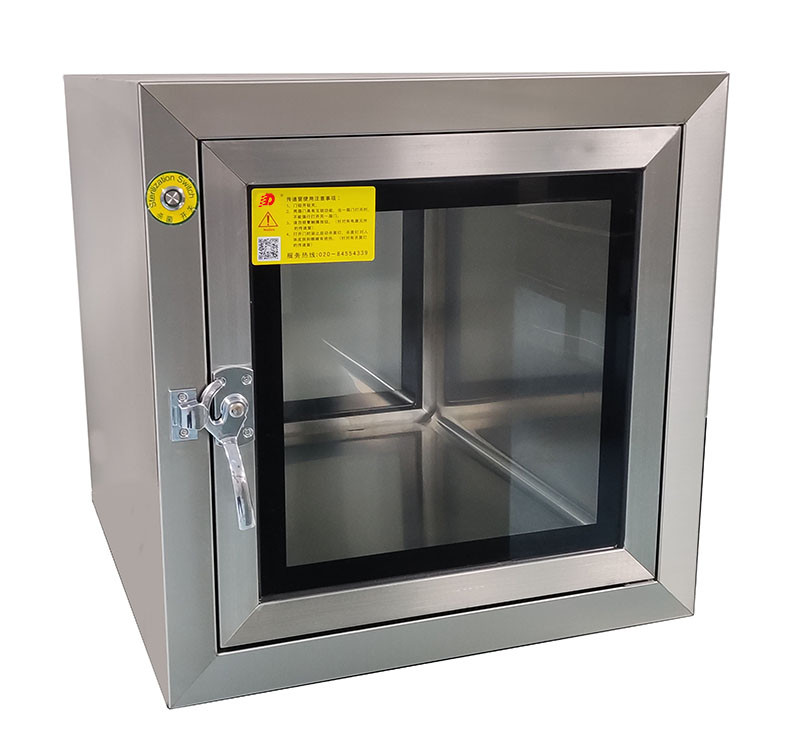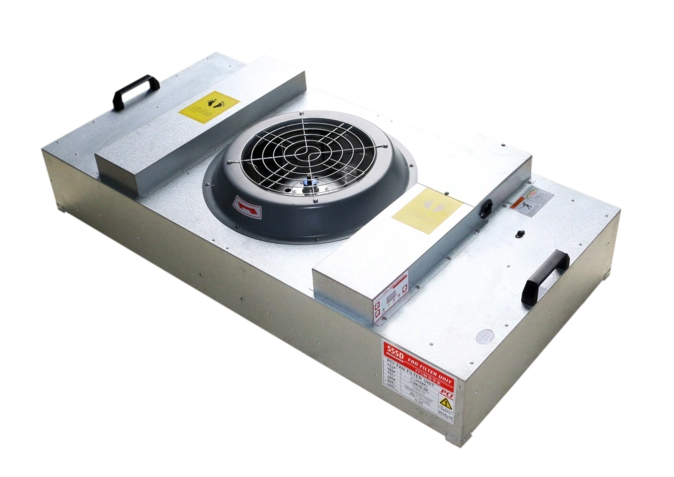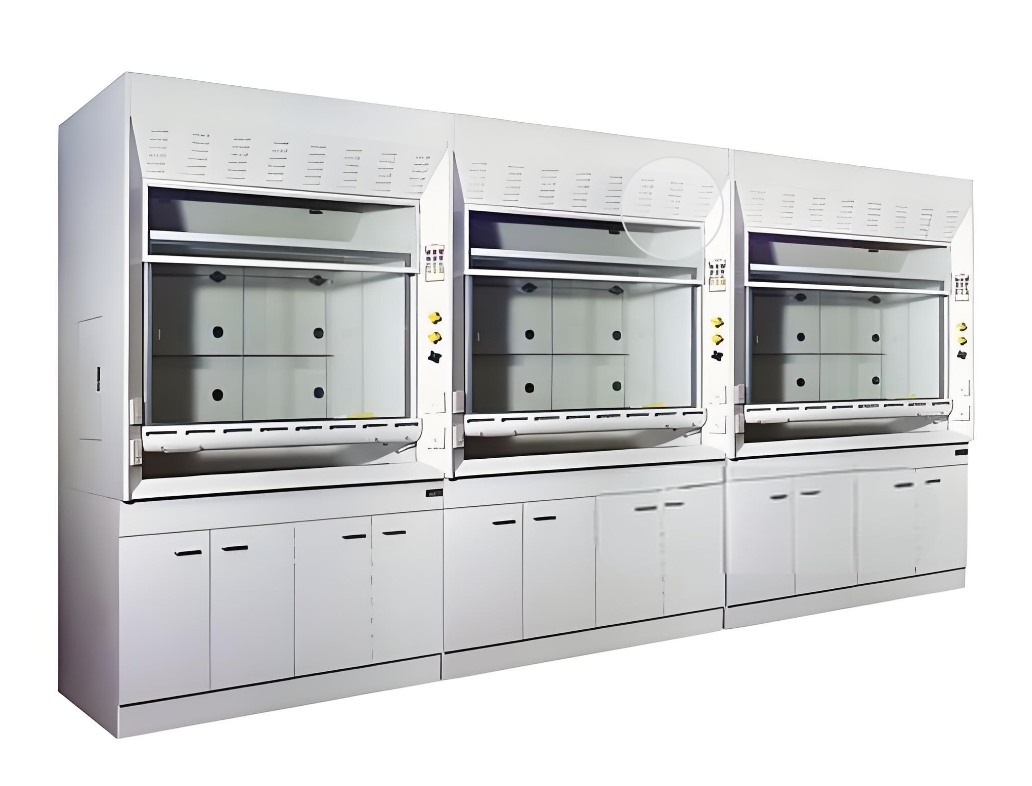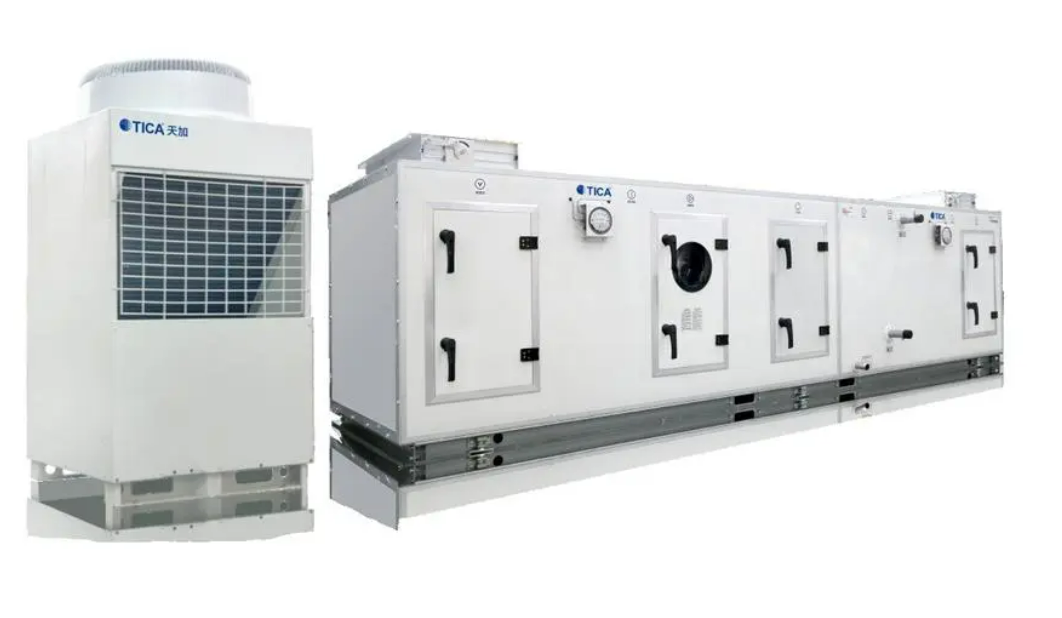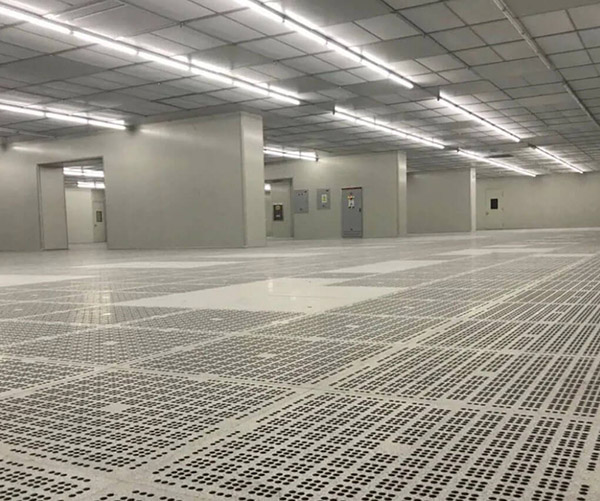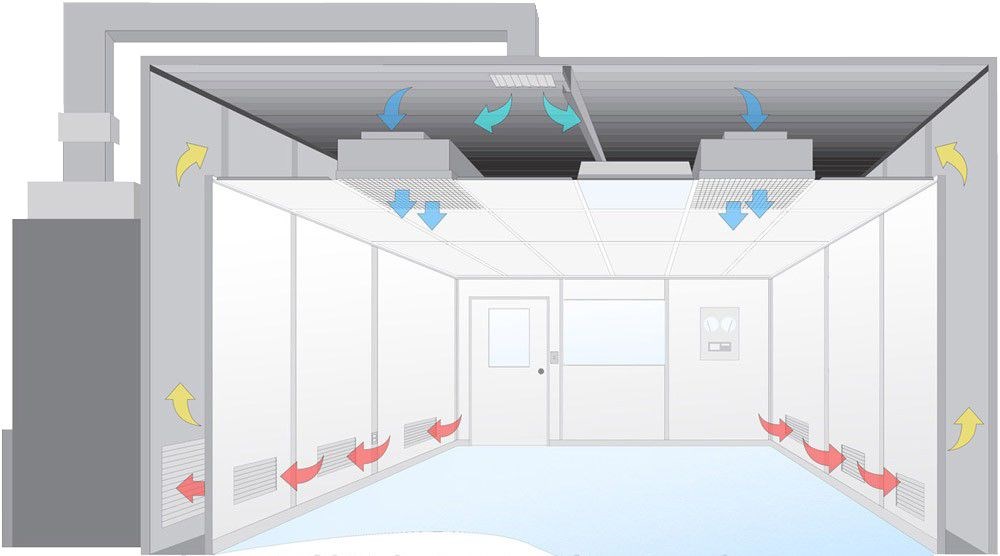How Much Does It Cost to Install a hepa Filter?

Installing a HEPA (High-Efficiency Particulate Air) filter is a crucial investment for ensuring high air quality, especially in environments like laboratories, hospitals, and homes. Understanding the costs associated with installation can help you make an informed decision.
Initial Purchase Costs
The first expense in installing a hepa filter is the cost of the unit itself. hepa filters can range from $100 to $1,500, depending on their type and application. For instance, standalone air purifiers with HEPA filters typically cost between $100 and $500, while larger HVAC systems equipped with HEPA filters can exceed $1,000. According to the U.S. Department of Energy, investing in high-quality filters is essential for achieving optimal air purification.
Installation Fees
In addition to the purchase price, professional installation is often necessary, especially for integrated HEPA systems in HVAC setups. Installation fees can vary widely, generally ranging from $200 to $500. The complexity of the installation, such as modifications to existing ductwork or system compatibility, influences these costs significantly. It is essential to hire certified professionals to ensure compliance with standards like ASHRAE 52.2, which governs air-cleaning device efficiency.

Maintenance Costs
Once installed, HEPA filters require regular maintenance to function effectively. Replacement filters typically cost between $20 and $150, depending on the type and size. Most HEPA filters need replacement every 6 to 12 months, depending on usage conditions and environmental factors. Regular maintenance, including checking for clogs or system performance, is vital to ensure the longevity of the filter.
Long-Term Savings
While the initial costs of installing a HEPA filter system can be significant, the long-term savings can be substantial. Improved air quality can lead to fewer respiratory issues and decreased healthcare costs over time. Studies have shown that effective air filtration can reduce airborne particles by up to 99.97%, according to the U.S. Environmental Protection Agency (EPA). This reduction can lead to fewer sick days and lower medical expenses, providing a return on investment.

Relevant Standards and Regulations
ASHRAE 52.2- Standard for testing air-cleaning devices.
ISO 29463- International standard for high-efficiency filters.
EPA Guidelines- Recommendations for improving indoor air quality.
ISO 14644-1- Standards for cleanrooms and controlled environments.
Do HEPA Filters Improve Indoor Air Quality?

1. Effective Particle Removal
HEPA filters are highly effective at removing airborne particles, capturing 99.97% of particles as small as 0.3 microns. This includes dust, pollen, pet dander, and smoke, significantly enhancing overall indoor air quality.
2. Allergen Reduction
By trapping allergens, HEPA filters can greatly reduce allergy symptoms for sensitive individuals. Improved air quality leads to fewer respiratory issues and a healthier living environment, making HEPA filters beneficial for homes and offices alike.
3. Odor Control
While HEPA filters excel at capturing particles, they do not remove odors. However, many air purifiers combine HEPA filtration with activated carbon filters, effectively addressing both airborne particles and unpleasant smells for comprehensive air cleaning.
Do HEPA Filters Restrict Airflow?

Resistance to Airflow
HEPA filters can create some resistance to airflow due to their dense structure. This resistance is necessary for their effective filtration but may require more powerful fans to maintain adequate air circulation in HVAC systems.
Impact on HVAC Performance
In HVAC systems, the installation of HEPA filters can lead to reduced airflow if the system is not designed to handle the added resistance. Proper sizing and system adjustments are essential to avoid airflow issues.
Balancing Filtration and Airflow
While HEPA filters can restrict airflow, balancing filtration efficiency with adequate air circulation is achievable. Using fans or high-efficiency blower systems can help maintain airflow while still benefiting from HEPA filtration.
Why Are HEPA Filters Rarely Used in Homes?

1. Cost Considerations:HEPA filters tend to be more expensive than standard filters, both in initial purchase and ongoing maintenance costs. Many homeowners opt for less costly alternatives that still provide adequate air filtration.
2. Maintenance Requirements:HEPA filters require regular replacements and maintenance to function effectively. This commitment can be a deterrent for homeowners who prefer low-maintenance solutions for their air quality needs.

3. Limited Awareness:Many homeowners are unaware of the benefits of HEPA filters and the impact of indoor air quality on health. This lack of information leads to underutilization of HEPA filters in residential settings.
4. Installation Challenges:Incorporating HEPA filters into existing HVAC systems can be challenging. Homeowners may face difficulties with installation and system compatibility, further discouraging the adoption of HEPA filtration in homes.
How to Add a HEPA Filter to AC?
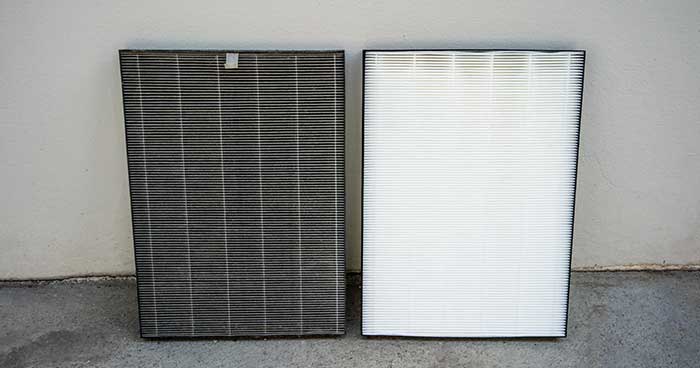
1. Assess System Compatibility
Before adding a HEPA filter to your AC system, check the compatibility of your existing HVAC setup. Consult the manufacturer’s specifications to ensure that your system can handle the increased resistance of a HEPA filter.
2. Choose the Right HEPA Filter
Select a HEPA filter that fits your AC unit properly. Filters come in various sizes, so measure your current filter dimensions and choose one that meets the HEPA standard for effective air purification.
3. Install the HEPA Filter
To install the HEPA filter, turn off your AC unit, remove the existing filter, and insert the new HEPA filter into the designated slot. Ensure it fits snugly to prevent unfiltered air from bypassing the filter.
 +86 18186671616
+86 18186671616 Jason@cleanroomequips.com
Jason@cleanroomequips.com
 MENU
MENU







